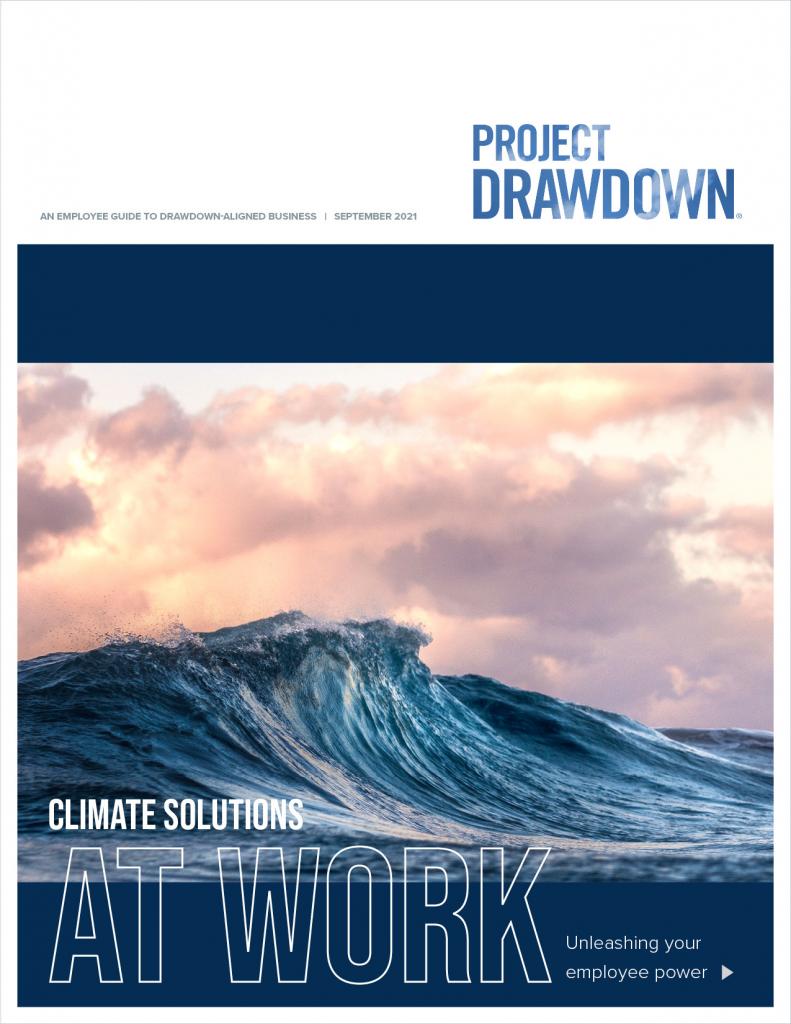


Dr. Abiba Longwe-Ngwira is a social scientist with vast multidisciplinary experience in policy-oriented research, evaluation, knowledge translation, capacity building, and monitoring and evaluation. She serves as the Director of Monitoring, Evaluation and Research for the International Training and Education Center for Health (I-TECH). Abiba has more than 10 years of experience in policy-oriented research focusing on the linkages between reproductive health investments, poverty alleviation, and socio-economic development in Africa. Abiba has worked on public health evaluation projects on HIV/AIDS, TB, and TB/HIV co-infection. She has also worked in the agricultural sector on donor-funded projects aimed at alleviating poverty, mitigating climate change, and improving the livelihoods of the rural population in Malawi. Abiba is an alum of Population Reference Bureau’s Policy Communication Fellows Program. She holds a PhD in Management Sciences (Development Economics), a MS in Rural Development, and a MS and BS in Agricultural Economics.
Achieving Drawdown: A Hopeful, Science-Based Approach to Stop Climate Change
New EPA coolant rule is a climate crisis no-brainer
This article originally appeared on The Hill.
Linking human well-being and climate solutions
This article originally appeared on New Security Beat.
Tips for talking about health & education as climate solutions
Drawdown Lift—a new program at Project Drawdown—is reflecting on how our team works to break down disciplinary walls and lift up global solutions that address climate change and extreme poverty, and enhance human well-being around the world.

Stephan Nicoleau
Will corporations choose climate transformation or status quo?
Two years ago Mark Carney, then-head of the central bank of England, called into question the very existence of corporations that don’t adhere to the steep emissions reductions required to limit warming to 1.5°C: “Those that fail to adapt will cease to exist.”

Yusuf Jameel, PhD
The world needs better climate pledges
Governments and businesses are looking to lead on climate change, but too many of their commitments are built on flawed “net zero” frameworks and problematic “carbon offsets.”
Authentic climate leadership requires more—a transparent and meaningful “Emissions 360” pledge that is focused on bringing real emissions to zero, helping others do the same, and equitably addressing historic climate pollution.

